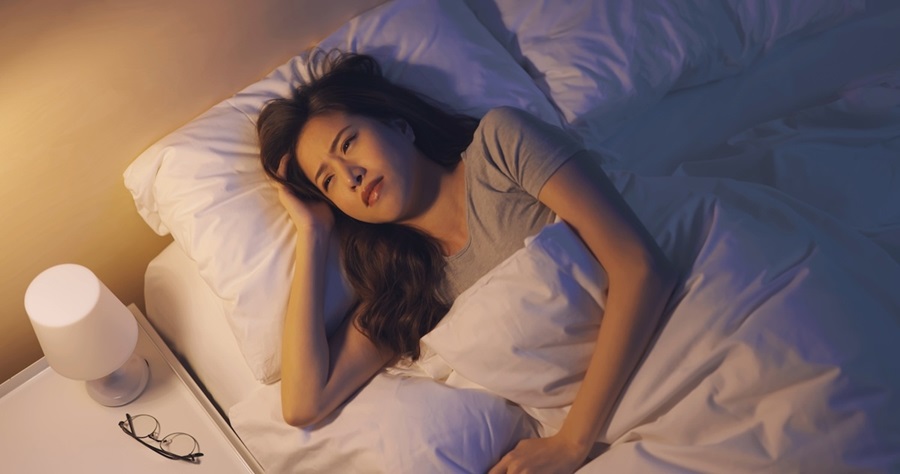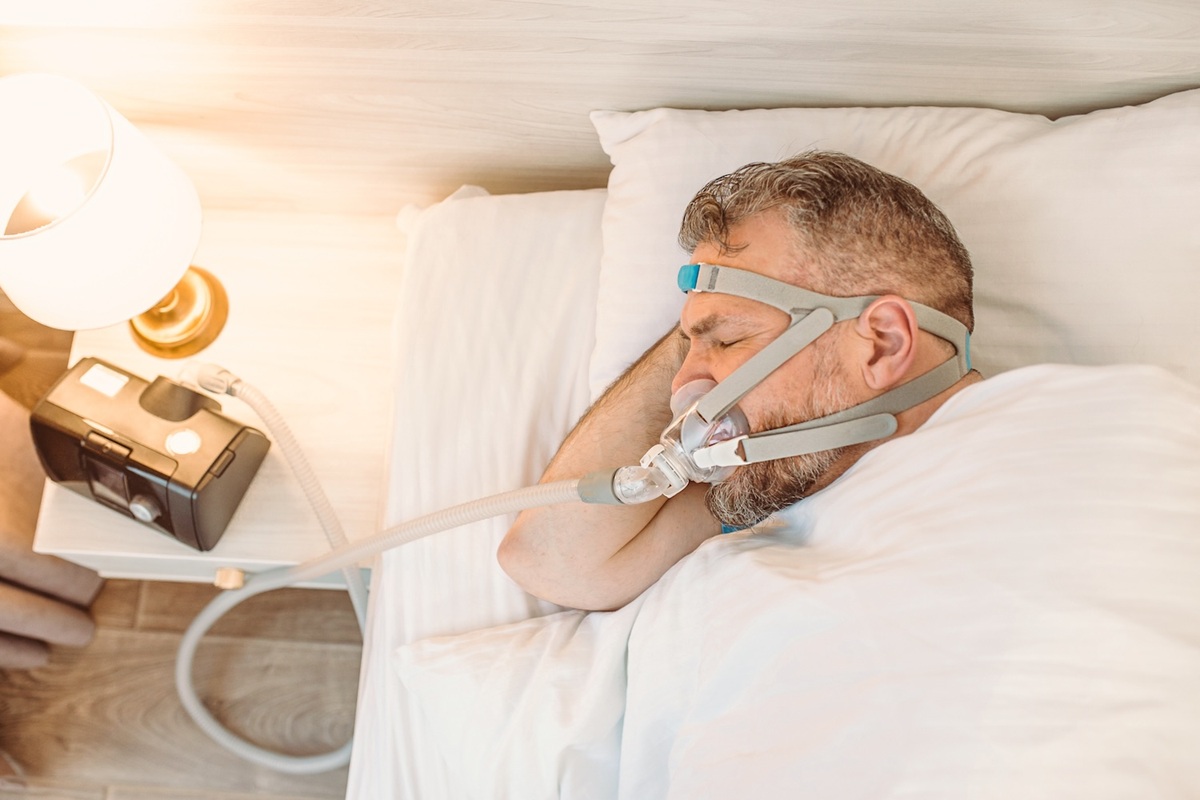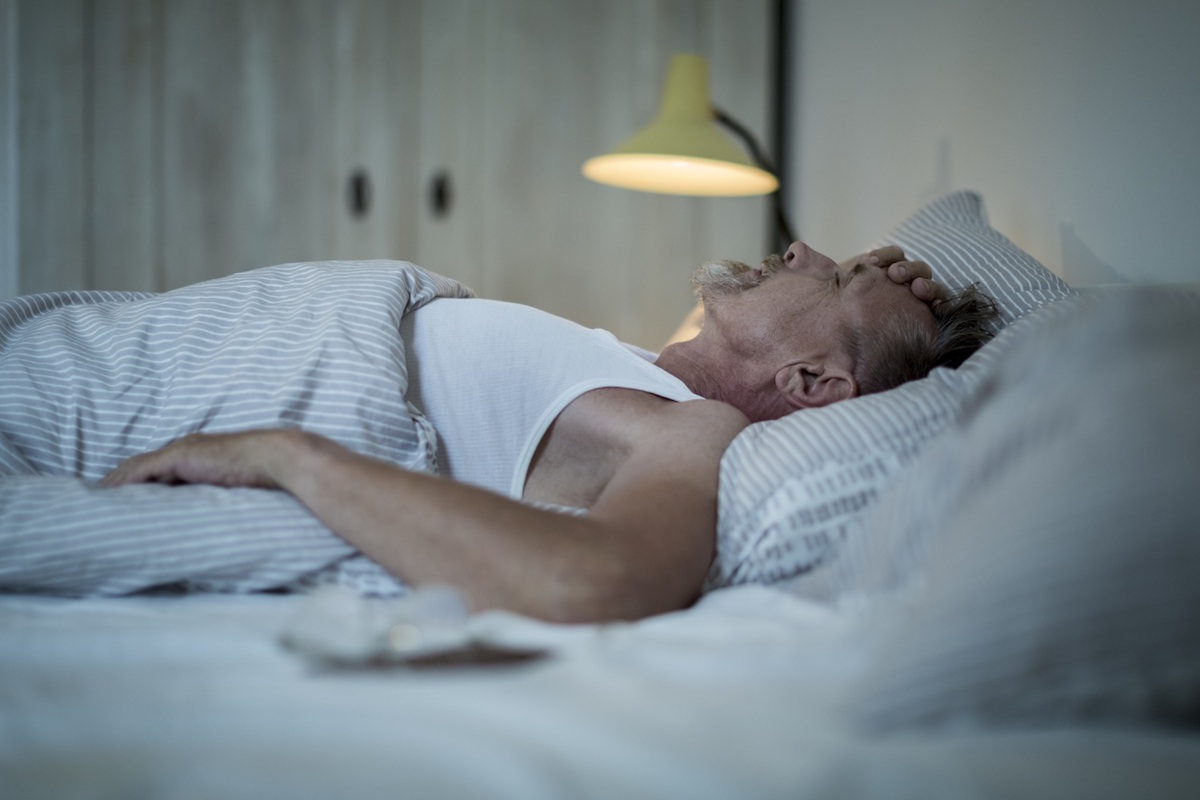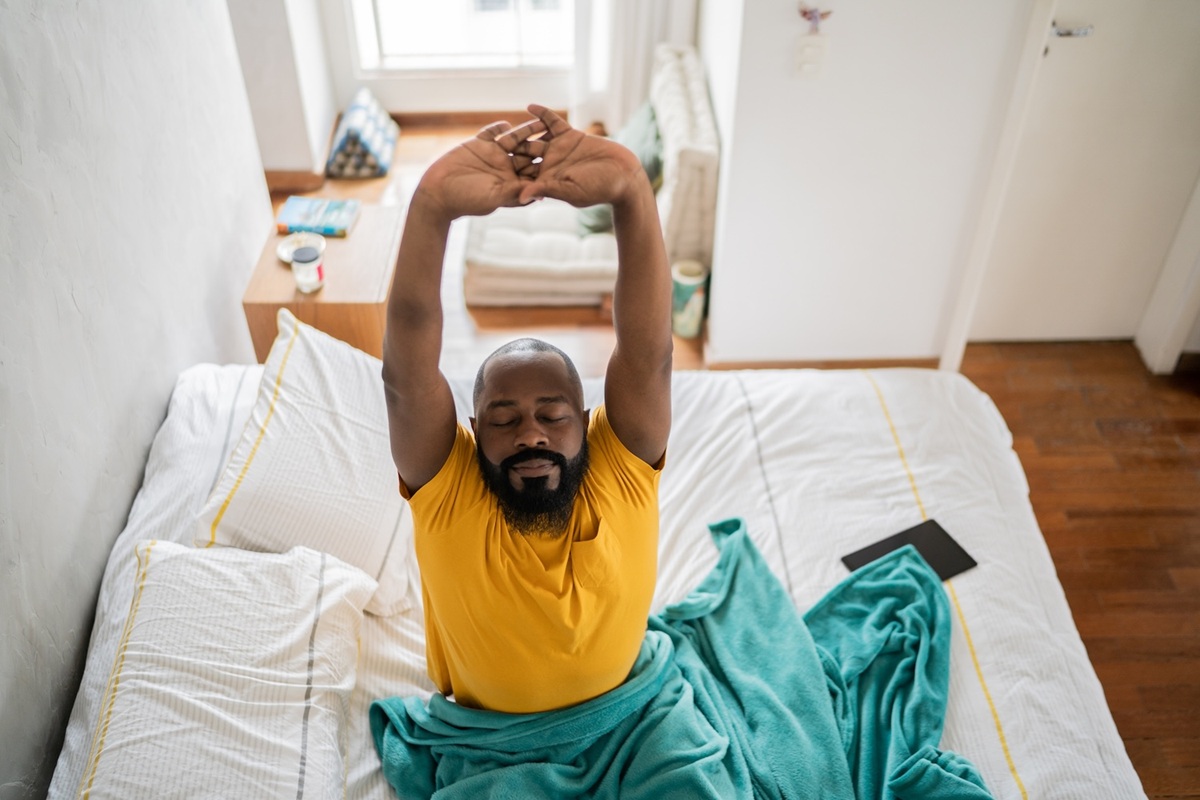- Home
- Mind & body
- Insomnia, restless leg syndrome, poor sleep hygiene and more sleep disorders
At CBHS we help you manage your health challenges. We believe in offering you the services, support and tools you need to live your best life.
Health and Wellness Programs are available to support eligible members towards a healthier lifestyle. Each Health and Wellness Program is subject to its own eligibility criteria.
Contact us for more information and to confirm your eligibility for a program.
Insomnia, restless leg syndrome, poor sleep hygiene and more sleep disorders

Are you finding it difficult to enjoy a deep, restorative sleep every night? If you’re feeling irritable and sleepy regularly throughout the day, it may be time to take a closer look at your sleep patterns.
Sleep can have a big impact on your physical and mental health. That’s why, in spite of our busy, modern lives, it’s never a good idea to make a lack of good quality sleep a habit.
Not enjoying enough sleep on a regular basis can result in:
- Low immunity
- Lack of concentration
- Irritability
- Mood swings (stress and anxiety)
- Poor decision making
- Bad memory and recall.
For some people, sleep issues are the result of more serious underlying conditions. In fact, your body’s sleep patterns may be ‘talking to you’.
Does any of the following sound like you?
- You have trouble falling or remaining asleep
- You find it difficult to stay awake during the day
- There are imbalances in your circadian rhythms that interfere with a healthy sleep schedule
- You are prone to unusual behaviours that disrupt your sleep.
These signs could mean you have a sleep disorder. It may be time to speak with your GP and explore the reasons why you’re experiencing these issues.
Did you know?
Up to 48% of adults aren’t getting adequate sleep for a range of reasons like:
- Weight issues
- Heartburn
- Bladder weakness
- Excess stimulant consumption like coffee
- Sleep disorders like insomnia.
Sleep disorders involve the inability to initiate or maintain sleep, which can lead to restless and non-restorative
sleep patterns. The symptoms of excessive sleepiness, daytime fatigue, inadequate sleep quantity, and mood and behaviour issues are often overlooked.
You can take a simple questionnaire like the Epworth Sleepiness Scale to see whether you’d benefit from treatment. This scale measures daytime sleepiness and helps diagnose and manage sleep disorders.
“In spite of our busy, modern lives, it’s never a good idea to make a lack of sleep a habit.”
Common sleep disorders explained
Insomnia
This is the inability to fall and remain asleep which can lead to restless and non-restorative sleep patterns, even you have the right circumstances and opportunities for rest.
Sleep-related breathing disorders
Sleep apnoea is when your breathing stops or you don’t breathe normally during sleep (hypopnea). Airway obstruction (obstructive sleep apnoea or OSA) or respiratory dysfunction caused by neurological impairment (central sleep apnoea or CSA) can also cause these conditions. Obstructive sleep apnoea is one of the most common sleep disorders. And it’s more prevalent in men than women. There are three main types:
- isolated symptoms (i.e., snoring)
- central sleep apnoea
- obstructive sleep apnoea

Best health insurance for sleep apnoea
If you are diagnosed with OSA, you may need to be fitted with a CPAP machine. And, depending on your level of health cover, you may be able to claim on some of the cost if you have Extras cover in your CBHS policy. What’s more, the CBHS Gold, Silver Plus and Bronze Plus tier hospital products also include benefits for ‘sleep studies’. For more details and to find out if you’re eligible to claim, you can call our Member Care team who’ll be happy to help.
Restless leg syndrome (RLS)
RLS symptoms include unpleasant sensations in the legs that give you an uncontrollable urge to move when you’re resting so you can relieve the symptoms. People with restless leg syndrome may experience burning, creeping, tugging, or feeling as if insects are crawling inside their legs. If you have RLS, you may have trouble falling asleep and staying
asleep. It’s mostly brought on by lying down and relaxing. Even though the symptoms of RLS are usually mild in young adults, by age 50, it may cause severe sleep disturbances.
RLS affects 1 in 20 Australians and can begin at any age, even in infants and young children.
The wrong diagnosis or delayed recognition are common problems with this condition. So, these are the signs and symptoms to look out for:
- An irresistible urge to move is accompanied by discomfort in the legs, especially when sitting or lying down.
- These sensations usually occur deep inside the leg between the knee and ankle.
- To minimise or prevent the sensations, people with RLS generally keep their legs moving. They may toss and turn, pace the floor, and constantly move their legs in bed.
- In most people, the symptoms are less evident during the day and more prominent in the evening or at night, especially when sleeping begins.
- Periods of inactivity like car trips, movies, long-distance flights and even relaxing exercises, can also trigger the anxiety of RLS.
Narcolepsy
There are two main characteristics of narcolepsy: interruptions to the sleep-wake cycle and rapid eye movements. A person with narcolepsy has the classic symptoms of daytime sleepiness, muscle weakness and at times, falling asleep involuntarily. It’s a condition that usually begins in childhood, adolescence and young adulthood.
Advanced sleep-wake phase disorder (ASPD)
This is a circadian rhythm disorder known with symptoms that include persistently
early sleep and wake times (at least two hours earlier than the time you’d like to fall asleep and wake up).
ASPD usually occurs as people age; they can fall asleep between 6pm and 9pm before they’ve enjoyed and completed their
social, family, or even work obligations. Then they wake up early in the morning (between 2am and 5am). People with ASPD can feel distress and increased emotional health issues because of their disrupted sleep patterns and excessive daytime sleepiness.
That’s why it’s possible to misdiagnose ASPD as insomnia. This sleep disorder can initially be assessed by keeping a sleep diary.
“If you’re experiencing disrupted sleep patterns, you could be one of the 48% of Australians not getting enough sleep

Parasomnias
Sleep parasomnias are abnormal behaviours like sleepwalking and nightmares. And they usually take place as you’re falling asleep, or coming out of sleep. These kinds of night-time disturbances may not happen often enough to impact
your health. However, in some cases, they can cause you or your bed partner significant sleep disruption, distress, or even injury.
In most cases, a parasomnia diagnosis is based on your history or another family member’s history.
And you should seek treatment if parasomnia is causing you or your bed partner harm and/or your sleep is disrupted.
Delay in sleep-wake phase disorder (DSWD)
This is a circadian rhythm disorder that will make you feel like sleeping at least two hours later than you’d like. You’ll sleep less, find it difficult to wake up and feel sleepy during the day. As a result, this disorder
can be misdiagnosed as insomnia at first. If you’re naturally a night owl and you don’t usually feel the effects of late bedtimes, you’re unlikely to have DSWD. Delayed sleep-wake phase disorder is more common among young adults
and adolescents because puberty causes a natural phase delay.
You’re more likely to experience DSWD if
you have a substance abuse disorder, work regular night shifts or have been diagnosed with one – or more – of the following:
- Depression
- Anxiety
- OCD
- ADHD
Just like advanced sleep-wake phase disorder (ASWD), you can start your initial assessment by keeping a sleep diary. It’s also essential to practice good sleep hygiene.
A word on sleep hygiene
Sometimes, all you’ll need to enjoy a deeper night’s sleep on a consistent basis, is better sleep hygiene practices and habits.
- Look at your sleep environment
Keep your bedroom for sleeping and relaxing when the day is done. Avoid electronic devices, TV and screens at least a couple of hours before bedtime.
- Keep your bedroom cool
The optimal temperature for sleeping is between 17 to 19⁰C. And when the mercury climbs over summer, consider getting a small fan for your bedside.
- Sleep on quality, comfortable bedding
Luxe bedding in silk or cashmere can be wonderful, but quality bedding is based on a comfortable mattress, pillows and cosy, warm blankets or doonas
Taking care of your sleep is vital to your physical and mental health
For some of us, enjoying a deep, restorative night’s sleep can be a challenge. If you’re feeling sleepy during the day and disrupted sleep patterns are concerning you, you may have a sleep disorder. However, you’re not alone. There are currently many treatments available which include sleep hygiene changes, medication, devices and professional therapy.
For the right guidance and medical advice, speak with your GP. They’ll be able to advise you on a treatment best suited for you.
Remember, being mindful of your sleep patterns is the first step to making sure you’re getting healthy, quality rest every night. For more information on sleeping well, consistently, be sure to check out our sleep and fatigue section.
All information contained in this article is intended for general information purposes only. The information provided should not be relied upon as medical advice and does not supersede or replace a consultation with a suitably qualified healthcare professional.
Sources:
https://www.cbhs.com.au/mind-and-body/blog/sleep-and-fatigue
https://www.healthdirect.gov.au/restless-legs-syndrome
https://www.sleephealthfoundation.org.au/fact-sheets.html?view=article&id=688&catid=98
https://www.healthdirect.gov.au/insomnia
https://www.cbhs.com.au/mind-and-body/blog/tips-for-getting-a-good-night-s-sleep
Health and wellbeing
programs & support
You Belong to More with CBHS Hospital cover:
- Greater choice over your health options including who treats you
- Get care at home with Hospital Substitute Treatment program
- Free health and wellbeing programs to support your health challenges
Live your healthiest, happiest life with CBHS Extras cover:
- Benefits for proactive health checks e.g. bone density tests, eye screenings
- Keep up your care with telehealth and digital options
- Save on dental and optical with CBHS Choice Network providers

